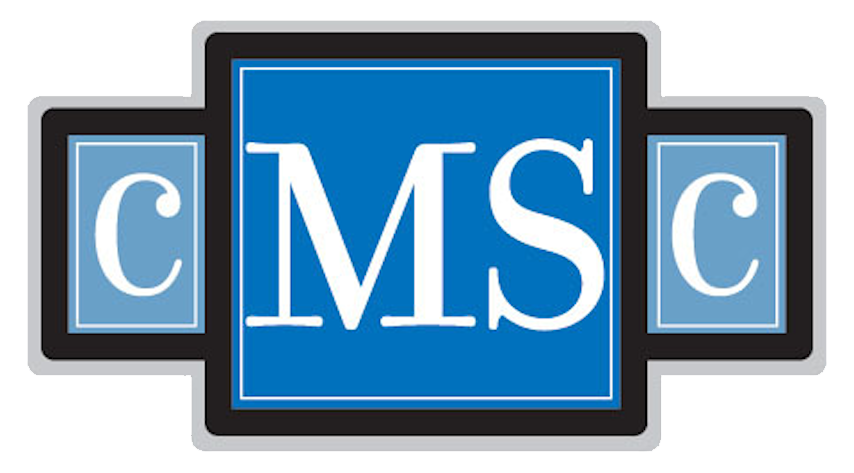Reshaping the Paradigm: Implications of Recent Clinical Advances in the Diagnosis and Treatment of Neuromyelitis Optica Spectrum Disorder (NMOSD) — An ACTRIMS-ECTRIMS Virtual Satellite
Release Date: 10/07/2020
Valid for Credit through: 10/07/2021
Overview
This case-based activity, originally held as a satellite symposium in conjunction with MSVirtual2020, is designed to present several key analytic and diagnostic skills required to effectively characterize and treat neuromyelitis optica spectrum disorders (NMOSD). Presenting faculty work together through complex real-life cases that help to elucidate the major considerations and most common pitfalls in differentiating NMOSD from other neurodegenerative disorders such as multiple sclerosis. The program also reviews the recent advances in the pharmacological landscape for NMOSD and discusses how best to determine the optimal treatment course for patients suffering from this spectrum of disorders.
Target Audience
This activity is intended for neurologists, nurse practitioners, physician assistants, pharmacists, and other providers involved in the care of patients with NMOSD.
Faculty
Brian G. Weinshenker, MD
Professor of Neurology and Consultant
Mayo Clinic
Rochester, Minnesota
Benjamin M Greenberg, MD, MHS
Vice Chair of Translational Research and Strategic Initiatives
Professor, Department of Neurology
University of Texas Southwestern Medical Center
Dallas, Texas
Jérôme de Sèze, MD, PhD
Professor of Neurology
Neuroimmunology Department Head
Strasbourg University Hospital
Strasbourg, France
Learning Objectives
- Describe the role of anti-AQP4 antibodies in the pathogenesis of NMOSD and develop appropriate testing algorithms to assess individuals suspected of harboring it.
- Recognize the updated diagnostic criteria for NMOSD and utilize this information to assist in making an accurate and timely diagnosis for individuals with seropositive or seronegative presentations of the disease.
- Describe the biologic rationale for, differential mechanisms of action of and Phase 3 research data evaluating recently approved agents designed for relapse prevention to determine their current and/or potential clinical utility.
Accreditation Statement
In support of improving patient care, this activity has been planned and implemented by the Consortium of Multiple Sclerosis Centers (CMSC) and Efficient LLC. CMSC is jointly accredited by the Accreditation Council for Continuing Medical Education (ACCME), the Accreditation Council for Pharmacy Education (ACPE), and the American Nurses Credentialing Center (ANCC) to provide continuing education for the healthcare team.
Physician Credit
The CMSC designates this enduring material for a maximum of 1.00 AMA PRA Category 1 Credit(s)TM. Physicians should claim only the credit commensurate with the extent of their participation in the activity.
Nurse Credit
The CMSC designates this enduring material for 1.00 contact hour.
Pharmacists
The CMSC is accredited by the Accreditation Council for Pharmacy Education (ACPE) as a provider of continuing pharmacy education and will award 1.0 contact hours (.1 CEUs) to pharmacists who (1) participate in the activity, (2) pass the post-test; and (3) complete the evaluation form. This knowledge-based activity, UAN # JA4008165-9999-20-027-H01-P, qualifies for 1.0 contact hour (.1 CEUs) of continuing pharmacy education credit.
Certificate of Participation for Other Healthcare Professionals
A Certificate of Participation will be given upon completion of the live activity enabling participants to register their credit with the appropriate licensing boards or associations.
Commercial Support Acknowledgement
This continuing education activity is supported by an educational grant from Genentech, a member of the Roche Group.
Contact Information
If you have any questions about this activity, please contact Efficient at [email protected].
